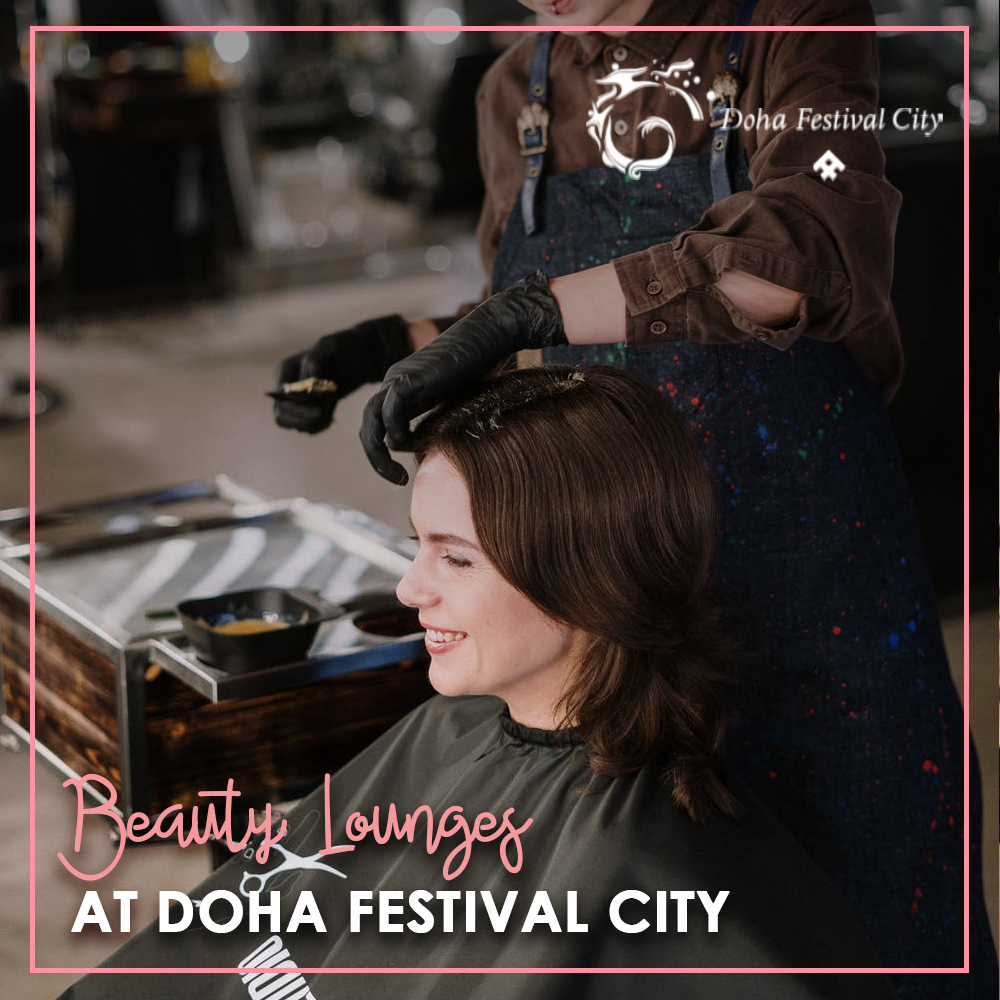
Many home remedies can help improve a person’s acne. Home remedies for acne include gentle herbal creams and gels, essential oils, natural supplements.
Read on to find out top ways to heal acne.
Acne is a skin condition that occurs when your hair follicles become plugged with oil and dead skin cells. It often causes whiteheads, blackheads or pimples, and usually appears on the face, forehead, chest, upper back and shoulders.
Acne is most common among teenagers, though it affects people of all ages. Effective treatments are available, but acne can be persistent. The pimples and bumps heal slowly, and when one begins to go away, others seem to crop up. Depending on its severity, acne can cause emotional distress and scar the skin. The earlier you start treatment, the lower your risk of problems.
Acne signs and symptoms vary depending on the severity of your condition: Whiteheads (closed plugged pores) Blackheads (open plugged pores) Small red, tender bumps (papules) Pimples (pustules), which are papules with pus at their tips Large, solid, painful lumps beneath the surface of the skin(nodules) Painful, pus-filled lumps beneath the surface of the skin (cysticlesions).
Some natural treatments may be helpful in reducing acne inflammation and breakouts:
Tea tree Oil – Gels containing at least 5% tea tree oil may be as effective as lotions containing 5% benzoyl peroxide, although tea tree oil might work more slowly. Possible side effects include minor itching,burning, redness and dryness. Tea tree oil should be used only topically. Bovine cartilage. Creams containing 5% bovine cartilage, applied to the affected skin twice a day, may be effective in reducing acne.
Jojoba Oil – The waxy substances in jojoba oil may help to repair damaged skin, which means it may also help speed up wound healing, including acne lesions.
Some of the compounds in jojoba oil might help to reduce skin inflammation, which means it may reduce redness and swelling around pimples, whiteheads, and other inflamed lesions.
Honey – Honey has been used to treat skin conditions, such as acne, for thousands of years. It contains many antioxidants that can help to clear waste and debris from clogged pores.
Doctors use honey in wound dressings because of its antibacterial and wound-healing properties.
Aloe vera – Aloe vera is a natural antibacterial and anti-inflammatory, meaning it may reduce the appearance of acne and prevent acne breakouts.
Aloe vera contains lots of water and is an excellent moisturizer, so it is especially suitable for people who get dry skin from other anti-acne products.
When to See A Healthcare Provider
If self-care remedies don’t clear your acne, see your healthcare provider. He or she can prescribe stronger medications. If acne persists or is severe, you may want to seek medical treatment from a dermatologist.
For many women, acne can persist for decades, with flares common a week before menstruation. This type of acne tends to clear up without treatment in women who use contraceptives.
In older adults, a sudden onset of severe acne may signal an underlying disease requiring medical attention.
The Food and Drug Administration warns that some popular nonprescription acne lotions, cleansers and other skin products can cause a serious reaction. This type of reaction is quite rare, so don’t confuse it with the redness, irritation or itchiness where you’ve applied medications or products.
Seek emergency medical help if after using a skin product you experience: Faintness, Difficulty breathing, Swelling of the eyes, face, lips or tongue, and Tightness of the throat.
Source : https://img.gulf-times.com/Content/PDF/Dailynewspaper/Main2020_2_19590108.PDF
More on Beauty & Relaxation






Leave A Comment
You must be logged in to post a comment.